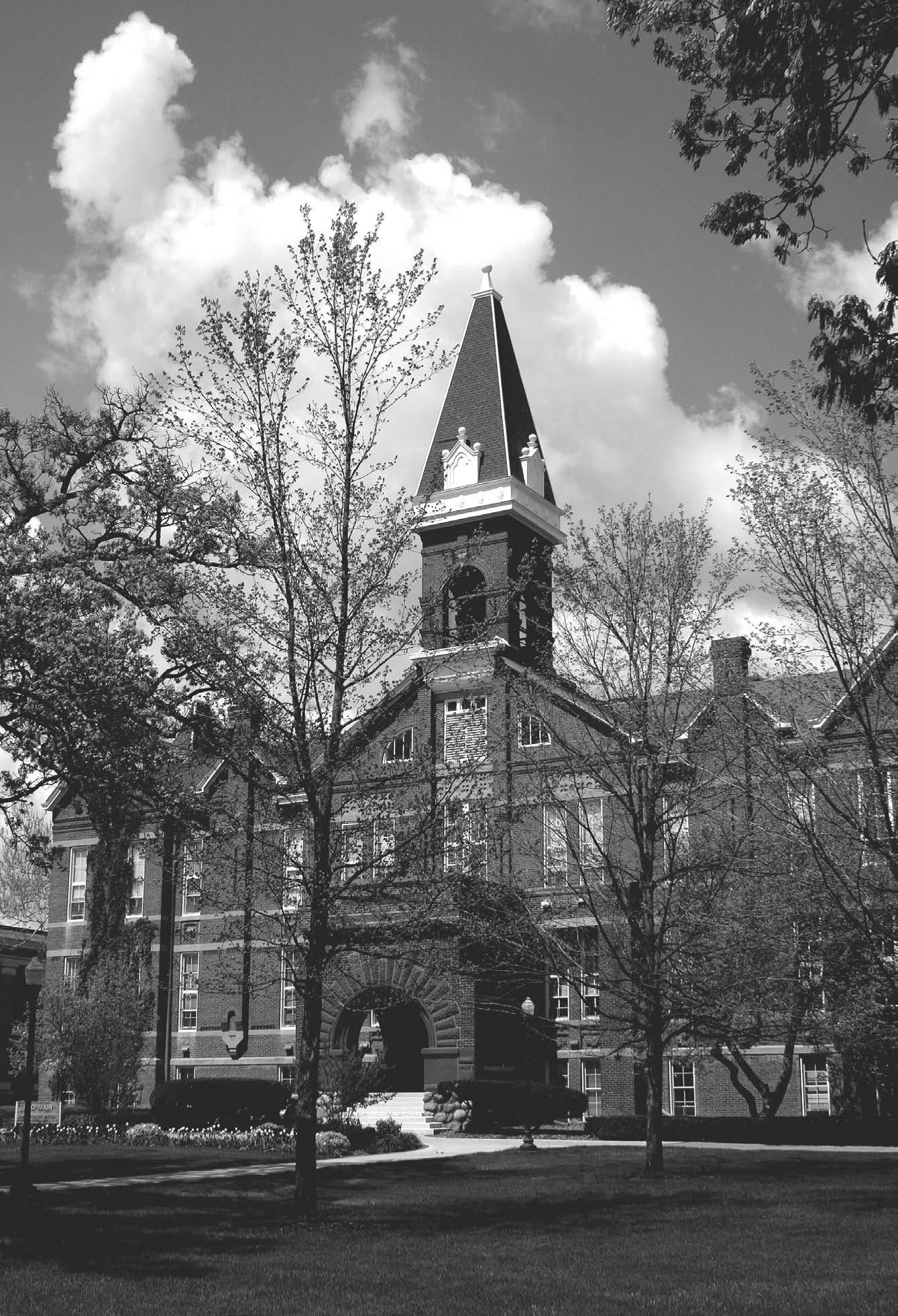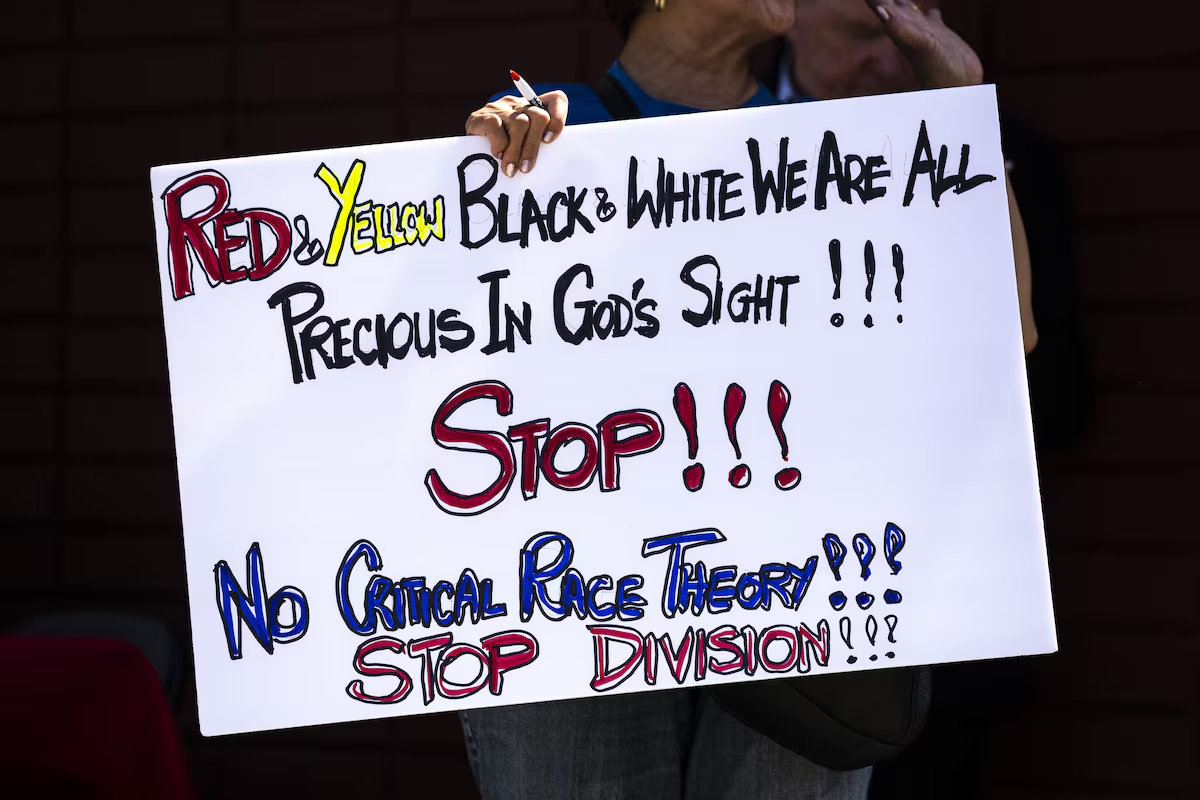In a state where the instruction of Black history is criminalized, a retired judge takes a courageous stand to teach vital truths about race and law. The implications of Iowa"s recent legislation banning critical race theory and discussions of systemic racism are far-reaching, undermining the very foundation of democratic governance and civil rights.
Racism in the Shadows
Ezekiel Quattlebaum, a young Black law graduate, recalls a formative childhood experience—being accused of stealing a cookie simply for reaching out to grab one intended for children. This moment, as he reflects, wasn’t just an isolated incident; it was an early indicator of the covert racism that persists in Denver and beyond. As reported by studies, systemic racism manifests in daily interactions and institutional policies, creating a culture of suspicion and bias against people of color.
Legislative Erasure of History
With the signing of a law by Governor Kim Reynolds in 2021, Iowa joined a growing list of states that have banned discussions surrounding critical race theory in public schools. This legislation not only silences educators but also erases crucial historical context that is essential for understanding the present-day legal landscape. According to research, such bans directly regulate speech and have a chilling effect on educators, forcing them to self-censor for fear of losing funding, and stripping students of the opportunity to confront uncomfortable truths about their own state"s history.

2025 Drake University Law School and Main Commencement ...
Bridging the Gap in Legal Education
At Drake University, Judge Brent Appel is pushing back against the tide of ignorance wrought by legislative bans. Together with Quattlebaum, he has designed a course entitled Race, Law, and Iowa History that aims to provide students with the historical context often omitted from traditional legal curricula. Appel emphasizes the need for uncomfortable conversations that challenge assumptions and biases, stating, "One never knows for sure" if such discussions will yield immediate change, but they are essential for fostering a more equitable future.
Transformative Moments in the Classroom
The impact of this course is already visible, as students like the one who had an epiphany during a discussion about the Johnny Bright incident realize the importance of safe spaces for marginalized communities. As reported by educators, these revelations are critical for dismantling the systemic barriers that continue to affect people of color. Quattlebaum"s commitment to making the legal system accessible to all is a direct response to the historical and ongoing exclusion of Black voices in America.

Opinion | Laws against teaching critical race theory in ...
The Urgency for Change
As the landscape of education shifts to accommodate these restrictive laws, the need for advocacy has never been more pressing. The narrative that systemic racism is a divisive concept must be countered with factual education and honest discourse. The consequences of Iowa"s ban on critical race theory are not merely academic; they have real-world implications for the very fabric of justice and equality in our society. As noted in various studies, the erasure of these discussions ensures that the cycle of injustice continues unabated, with future generations of legal professionals ill-equipped to challenge the status quo.

![[Video] Anti-ICE Protester Pepper Sprayed as CBP Agents Disperse Crowd in Minneapolis](/_next/image?url=%2Fapi%2Fimage%2Fthumbnails%2Fthumbnail-1768260677127-y71sb7-thumbnail.jpg&w=3840&q=75)

![[Video] Several injured as U-Haul truck drives through Iranian protestors in Los Angeles](/_next/image?url=%2Fapi%2Fimage%2Fthumbnails%2Fthumbnail-1768176682028-q95y6j-thumbnail.jpg&w=3840&q=75)
![[Video] Scuffle breaks out between Trump supporters and Anti-ICE protesters in Times Square](/_next/image?url=%2Fapi%2Fimage%2Fthumbnails%2Fthumbnail-1768165958203-hgcgb-thumbnail.jpg&w=3840&q=75)


![[Video] Gunfire between Iraqi security forces and Sadr militias in Baghdad](/_next/image?url=%2Fapi%2Fimage%2Fthumbnails%2Fthumbnail-1768343508874-4redb-thumbnail.jpg&w=3840&q=75)
